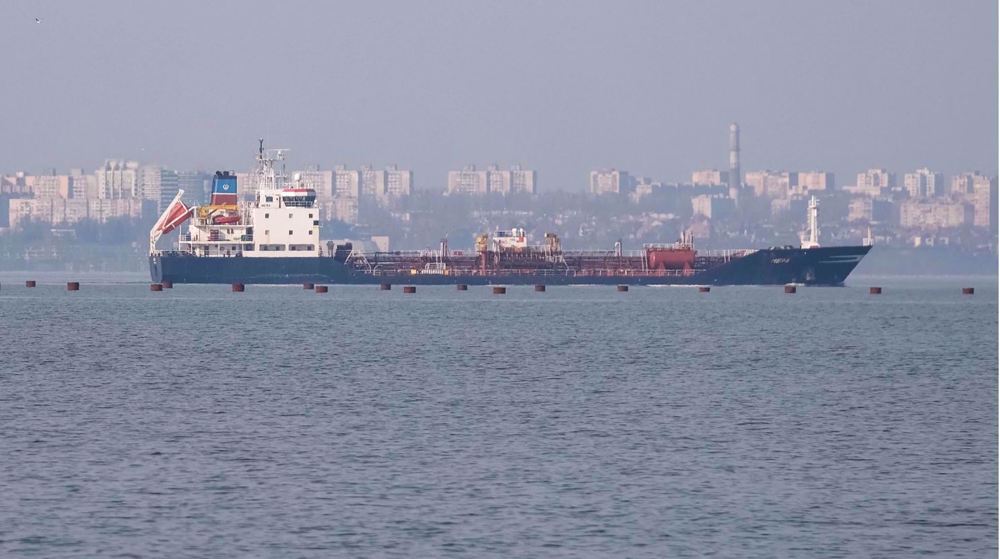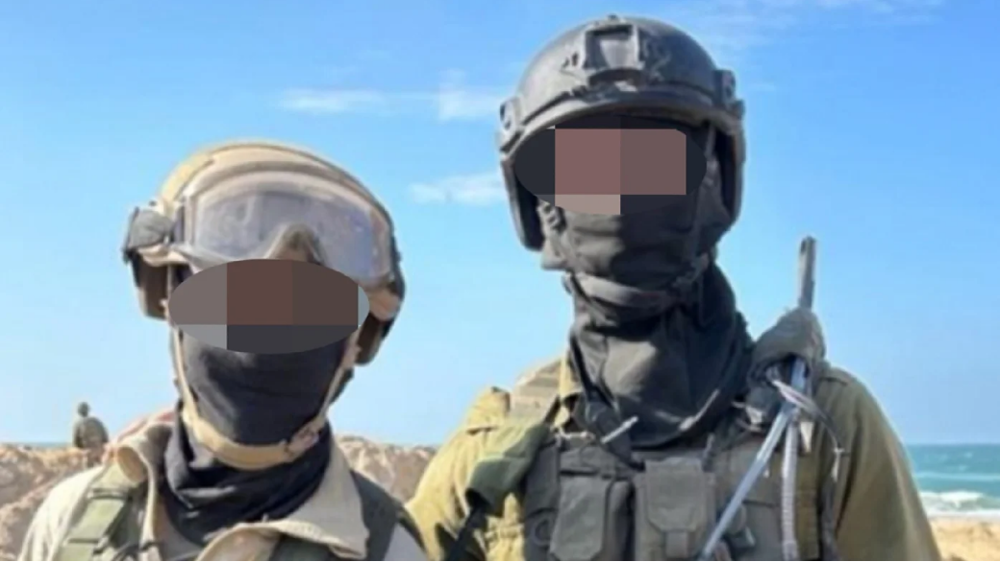NATO ready to help Turkey against Russia: Stoltenberg
The North Atlantic Treaty Organization (NATO) has announced its readiness to "help" its member state Turkey, more than a week after Russian jets, carrying airstrikes in Syria, strayed into Turkish airspace.
"Turkey is a strong ally and they have the second-largest army. They have a capable air force, so the Turkish armed forces are the first responders, but NATO is there to help and assist them if they need," NATO Secretary General Jens Stoltenberg said on Monday.
The Turkish military said it had scrambled two F-16 warplanes on October 3 after a Russian fighter jet crossed into its airspace near the southern province of Hatay.

In a second incident a day after, Ankara said a MiG-29 combat aircraft had harassed two of its F-16s by locking its radar on them as they patrolled the border.
Turkish President Recep Tayyip Erdogan later said Russia runs the risk of losing its friendly ties with Ankara, adding, “If Russia loses a friend like Turkey with whom it has a lot of cooperation it is going to lose a lot of things. It needs to know this.”
On September 30, Russia began its military campaign against terrorists operating in Syria upon a request from the Damascus government.
EU wants end to Russia raids
Also on Monday, the European Union called for an "immediate" halt in Russian airstrikes against what they called moderate militant groups operating in Syria.
Moscow’s air campaign has mainly targeted the positions of Daesh Takfiri militants and other terrorists groups operating in the province of Hama along with parts of the neighboring provinces of Latakia and Idlib.
"The recent Russian military attacks that go beyond Daesh and other UN-designated terrorist groups, as well as on the moderate opposition, are of deep concern and must cease immediately," the EU's foreign ministers said in a statement.
They claimed that the Russian raids risk extending the crisis in Syria while “undermining a political process, aggravating the humanitarian situation and increasing radicalization.”
The 28 EU foreign ministers also said Russia must focus its efforts on finding a political solution to the conflict.
Russian President Vladimir Putin has stressed that Moscow’s military actions in Syria aim to "stabilize the legitimate authorities and create conditions for finding a political compromise."
EU foreign policy chief Federica Mogherini, for her part, called the Russian operation in Syria a dangerous and worrying "game-changer.”

She also said Moscow should target Daesh militants, not the other western-backed militant groups seeking the ouster of President Bashar Al-Assad.
Syria has been grappling with a deadly crisis since March 2011. The US, EU and their regional allies - especially Qatar, Saudi Arabia and Turkey - have been supporting the militants operating inside Syria since the beginning of the crisis.

European preparedness strategy

Russia: Conditions must be met before Black Sea ceasefire implemented

Israeli soldier in Romania faces criminal lawsuit over Gaza crimes
Quds Day rally organizers, participants in Kashmir booked under draconian law
Iran’s largest titanium plant ready for production: IMIDRO
Iran: US complicit with Israel in spreading regional insecurity
VIDEO | Explainer: What does Iran’s newly-unveiled largest subterranean ‘missile city’ reveal?
VIDEO | Israeli regime deliberately targets paramedics and ambulances in Gaza
Hundreds of thousands rally in Istanbul to call for release of jailed mayor
Israeli forces destroy 3,250 housing units in Jenin camp amid raids
Hind Rajab Foundation files war crimes case in Germany against Israeli tank commander







 This makes it easy to access the Press TV website
This makes it easy to access the Press TV website